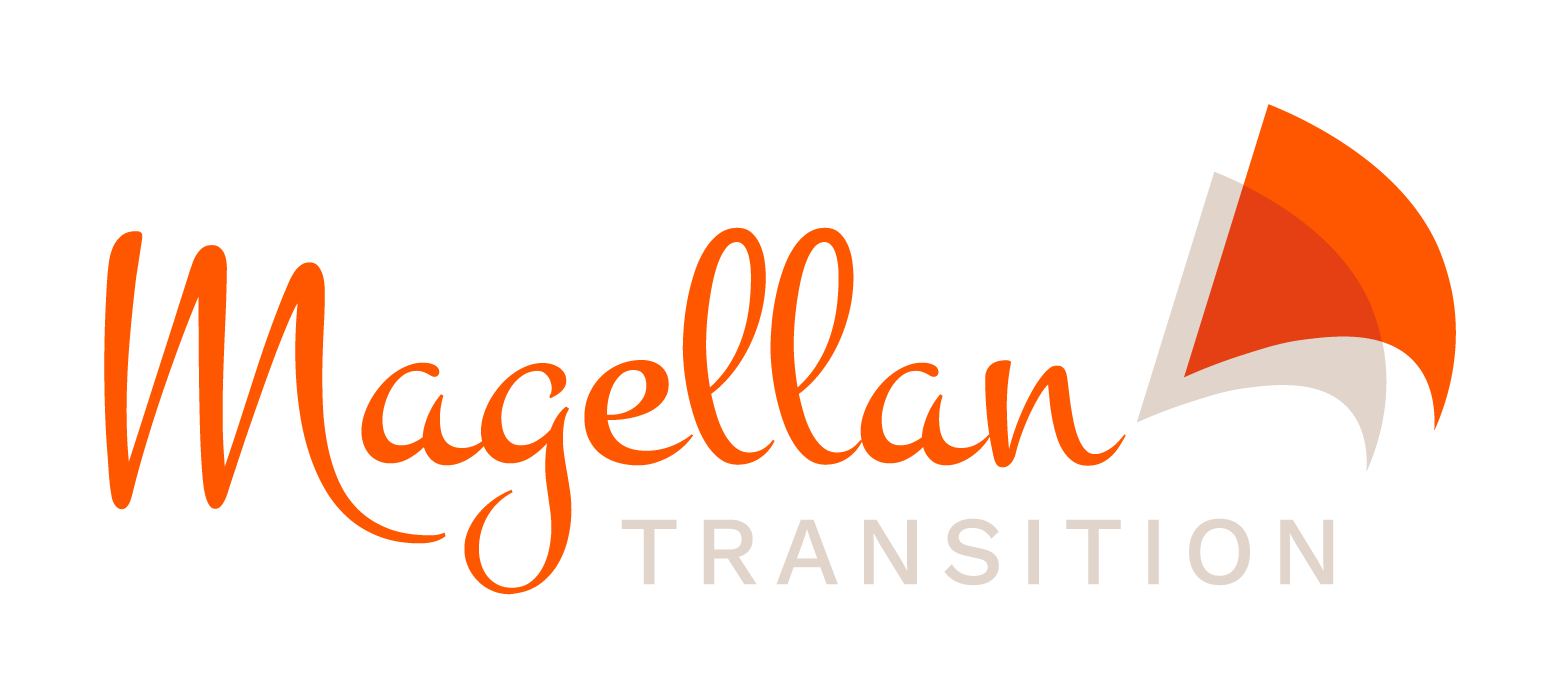During coaching sessions I’ve often seen how challenging it is for expats to integrate their new work context quickly. The first weeks, or months, present many challenges to overcome. Nowadays I see a lot of articles about the importance of intercultural competence and communication – cultural intelligence. So I asked myself, “How can I help my clients develop more cultural awareness?”
“Humble Inquiry” *: an art unto itself
Edgar H. Schein’s book “Humble Inquiry: The Gentle Art of Asking Instead of Telling” enlightened me on this subject.
SO WHAT IS THIS ART?
It is the ability to ask questions while taking an interest in the skills and opinions of the interlocutor, as well as their feelings.
It is asking them open questions, and being able to admit quite simple that we don’t know the answers.
It’s discovering the other by leaving behind any attitudes along the lines of “I will explain how we do it” or “my way of working is more effective”.
The goal is to learn from each other and create effective, productive working relationships. The intention behind the question must be sincere and genuine.
Otherwise the person you are talking to will feel that and the relationship will be affected.
THE EXPATRIATE PARADOX
So what is the link with expatriation?
When an expatriate is sent abroad to manage a team, department or subsidiary, they are expected to be operational and efficient as soon as they get off the plane. On the one hand, they are supposed to know how to get results quickly – weren’t they chosen because they are so promising and competent? – and, on the other hand, they need to ask questions to understand and grasp the subtleties of their new environment. They need to discover and understand why things are organized in this way or how the people on their team interact.
If they analyze their new situation by keeping their own cultural viewpoint or using their cultural “glasses”, they may miss important information.
Jacques arrived as a promising young executive of a large multinational in San Francisco. A prestigious promotion, he’s very proud to have been chosen to manage the marketing team. This career opportunity thrills him and it’s the perfect way to demonstrate his skills. He starts full of energy. If a report isn’t up to his standards, he says so. He wants his team performing as highly as possible. He has so much to achieve, and no shortage of ideas. No time to lose. After a few weeks his manager sends him to coaching to improve his communication with the team. There have been complaints from colleagues.
The art of asking questions humbly is an attitude, a behavior that implies that the expatriate takes off their cultural glasses and is genuinely curious to see their new environment through the eyes of the other. They put themselves in the others’ position, and wonders how their messages will be received.
It is important to learn to analyze the situation from the local perspective before introducing any change!
CHOOSING OTHER 'GLASSES', isn't ALWAYS EASY!
Several elements can put the brake on the practice of asking questions humbly. Did you grow up in an individualistic culture, which promotes knowledge and uses a declarative mode of communication? Quite a challenge then to put yourself in the position of someone who “doesn’t know” and to ask for clarification or information.
Maybe just asking questions gives you an uncomfortable feeling of weakness, ignorance, and incompetence.
Or do you feel like asking questions is a waste of time and you are expected to make quick decisions and put them into action? Some brakes are more culturally tinted, others are more linked to the personal history of the individual.
AND FOR YOU - NOT KNOWING THINGS - HOW DOES THAT AFFECT YOU?
Here are some customer responses:
“It’s very confusing. I was brought up hearing “I think therefore I am.”
“I feel like I lost my efficiency. Before leaving I was very confident and I found the answer to questions very quickly. Here I feel like I’m watching a foreign movie without subtitles. Maybe I’m not the right person for this job.”
“If I show them that I don’t know, I will lose all credibility. Definitely something to avoid when you start in a new role.”
“I don’t waste too much time thinking. I move forwards and I see where that gets me.”
“I prefer to ask nothing and try to understand through observation. I’m too afraid of making a fool of myself.”
“For now, I’m not asking myself many questions. There are so many things to do.”
“I don’t have time to embrace my new culture. We need results, quickly.”
All these false beliefs or preconceived ideas will influence the way you come into contact with your new environment.
THE ART OF ASKING QUESTIONS
There are of course several kinds of questions to ask.
There are those that are more focused on the task at hand. When meeting your new team, try to get rid of your preconceptions and pay attention to what you hear and what happens in the conversation. Avoid taking over the conversation with affirmation after affirmation, not giving your interlocutor the space to participe.
A good way is to ask open-ended questions:
“Can you give me an example of…”
” What is happening here ?”
“Can you explain what you are doing?”
“Keep going…” (with a sustained, genuinely interested gaze)
On the other side of the continuum are the more personal questions, which are directly related to the person. These questions help build a connection.
If a person feels respected, feels seen in the eyes of the other, trust is beginning to be created. Often, these are conversations that can take place in more informal moments such as during a coffee break, after a meeting.
However, be careful: all cultures have their rules relating to the questions that can be asked and/or the subjects which are taboo.
A minimum of cultural knowledge will help not to make a mistake or cultural faux pas.
HOW CAN THIS ATTITUDE BE DEVELOPED?
Take the time, don’t rush. Give yourself 100 days to take stock of your new job. Take the time to reflect, go beyond asking your teams questions and ask them of yourself too.
Apply mindfulness so as to be fully present when interacting with your new surroundings. Take moments of reflection to reflect upon your behavior after an event.
Co-build informal relationships with your team members. Far from wasting your time, developing the art of questioning will allow you to adapt to your new cultural environment, build a relationship of trust with your teams and increase your results. As the African proverb says: “Alone we go faster. Together, we go further!
Article by Florence Roisin

